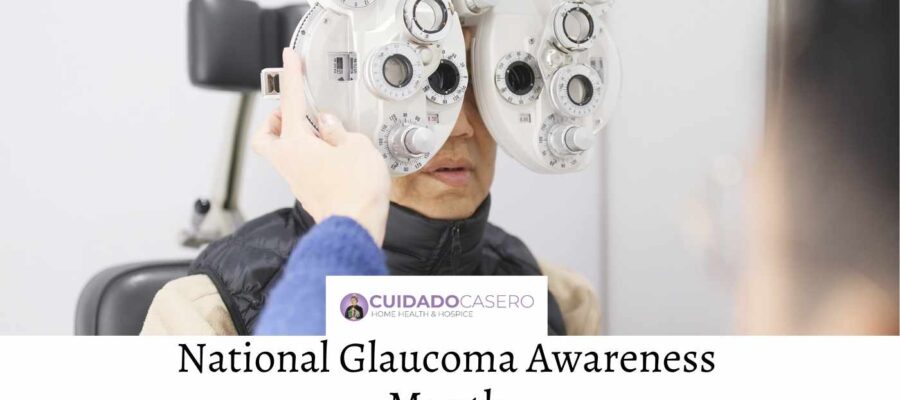Dehydration happens when your body loses more fluids than it takes in. Your body needs water for many processes, including regulating its temperature, getting rid of wastes, and lubricating your joints. Drinking lots of fluids is important especially as you get older. An older adult whos dehydrated may be at a higher risk for complications like constipation, kidney problems, and loss of balance.
What causes dehydration?
Dehydration can have a variety of causes, especially in older adults.
- Mobility problems, it might be more difficult for older adults with mobility issues to be able to get water on their own.
- Underlying health issues. Some underlying health issues like diabetes or kidney disease can cause you to lose more than normal fluids for your body.
- Medications. Some medications will cause an increase in urination which can cause fluid loss.
- Heat exposure. Spending time in hot and humid conditions can lead to an increase in fluid loss, this is typically the biggest factor in dehydration.
What are the symptoms to look out for?
Some common symptoms of dehydration include:
- Dry mouth
- Tiredness or fatigue
- Sunken eyes
- A decrease in urination
- Urine that’s a darker color than normal
- Rapid heart rate
- Confusion or disorientation
- Fainting
- Diarrhea or vomiting that lasts longer than 24 hours
Treatment Options?
Treatment for dehydration involves replacing fluids that have been lost. For mild to moderate dehydration, drinking water or other fluids, such as juices or broths will help. If dehydration is more severe, hospitalization may be needed. In this situation, fluids and electrolytes will be given intravenously.
Tips to prevent dehydration
- Try to drink water throughout the day.
- If it’s hard to drink too much liquid at once, takes small sips.
- Try to include foods in your diet that have higher water content such as watermelon, cucumbers, celery, strawberries, and low sodium broths.
- Plan to drink more water if you’re going outside in the heat.
- If you have an underlying health condition, speak with your doctor about specific fluid and hydration needs.
- If you’re a caregiver for an older adult, you can do the following during mealtimes to help prevent dehydration.
- Remind them to hydrate throughout the day, especially during mealtimes and after exercise.
- Keep water accessible to them.
- Implement easier access to the bathroom if they’re concerned about not making it to the toilet in time.



